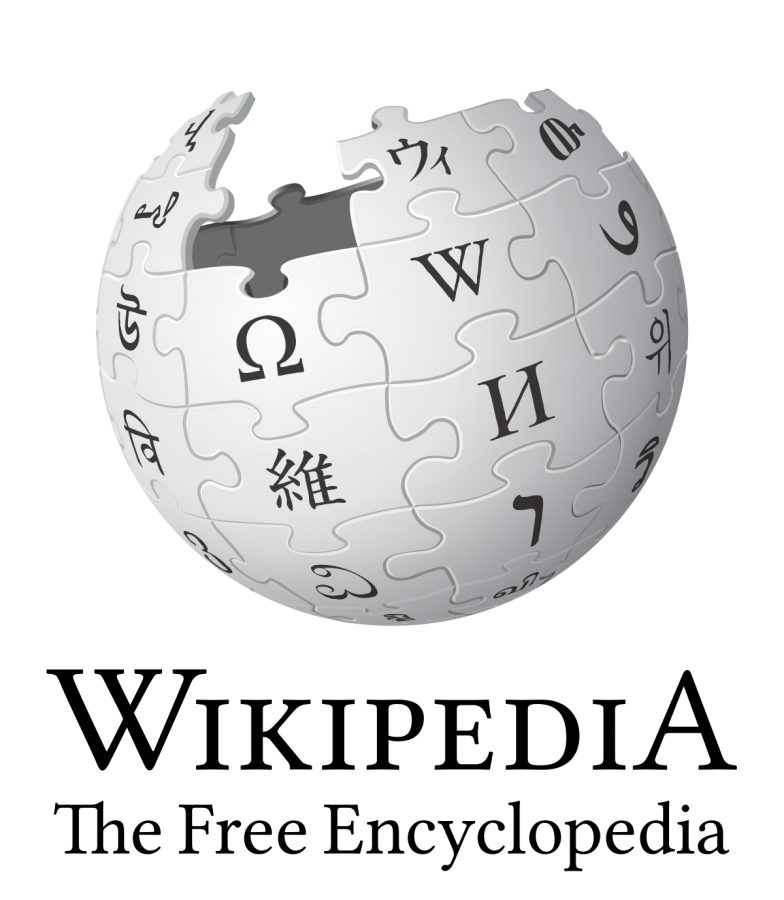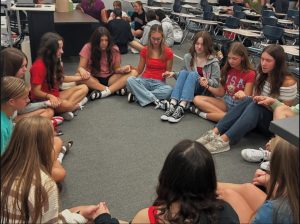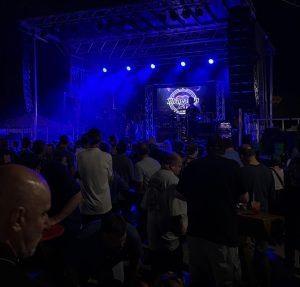Wikipedia: not an “unreliable source”
Logo of the English Wikipedia, the website came online Jan 15, 2001.
December 6, 2019
Since its founding in 2001, Wikipedia has seen rapid growth in terms of quality and breadth. It’s hard to avoid running into Wikipedia when doing research, regardless of the subject. History, science, pop culture—Wikipedia has it covered in great detail.
The easy access to knowledge provided by Wikipedia, however, has led to pushback from skeptics who believe that Wikipedia isn’t a reliable source nor a good website. Critics claim that Wikipedia’s open editing policies lead to vandalism and lack of citations which outweigh any redeeming qualities.
With regards to vandalism, Wikipedia has made strides in eliminating unwanted editors and vandalism. Editors and bots trained via machine learning check edits, especially from new, unverified editors, to prevent vandalism. This step alone eliminates the vast majority of vandalism; after all, Wikipedia reports most consists of the addition of “crude or obscene humor” which is very easy to detect and remove. No reasonable reader is going to be misled by such obvious mischief.
Even if more sophisticated attacks do exist, its impacts are very limited. Even as early as 2006, TIME Magazine described Wikipedia as “in the biggest (and perhaps best) encyclopedia in the world.” Studies have shown that Wikipedia is as accurate, if not more accurate, than conventional encyclopedias in many science articles.
Wikipedia still might not be your top choice for sources, but that’s the beauty of Wikipedia: it cites all of its information right at the bottom of the page. Everything that Wikipedia says is verifiable, so it’s perfectly valid to use Wikipedia as a hub to find more research on a subject.
Even disregarding the academic merit of Wikipedia, its international humanitarian effects are undeniable. Wikipedia currently maintains versions in 294 languages, allowing it to serve peoples around the world. This is especially valuable for languages like Icelandic that face marginalization in an increasingly globalized world.
Furthermore, Wikipedia plays an important role in ensuring freedom of information in countries with dubious censorship and press freedom laws. Despite calls from numerous governments and regimes, Wikipedia has resisted allowing for governmental oversight or outright censorship of its content. As such, Turkey has outright banned Wikipedia while Russia has sought to replace Wikipedia with a more government-controlled encyclopedia. Clearly, authoritarian regimes fear Wikipedia’s power to spread information and truth.
Wikipedia is among the greatest projects of the modern world. So when Wikipedia asks you to send them support so that they can remain ad-free and politically independent, consider donating: you can help Wikipedia today at donate.wikimedia.org.








